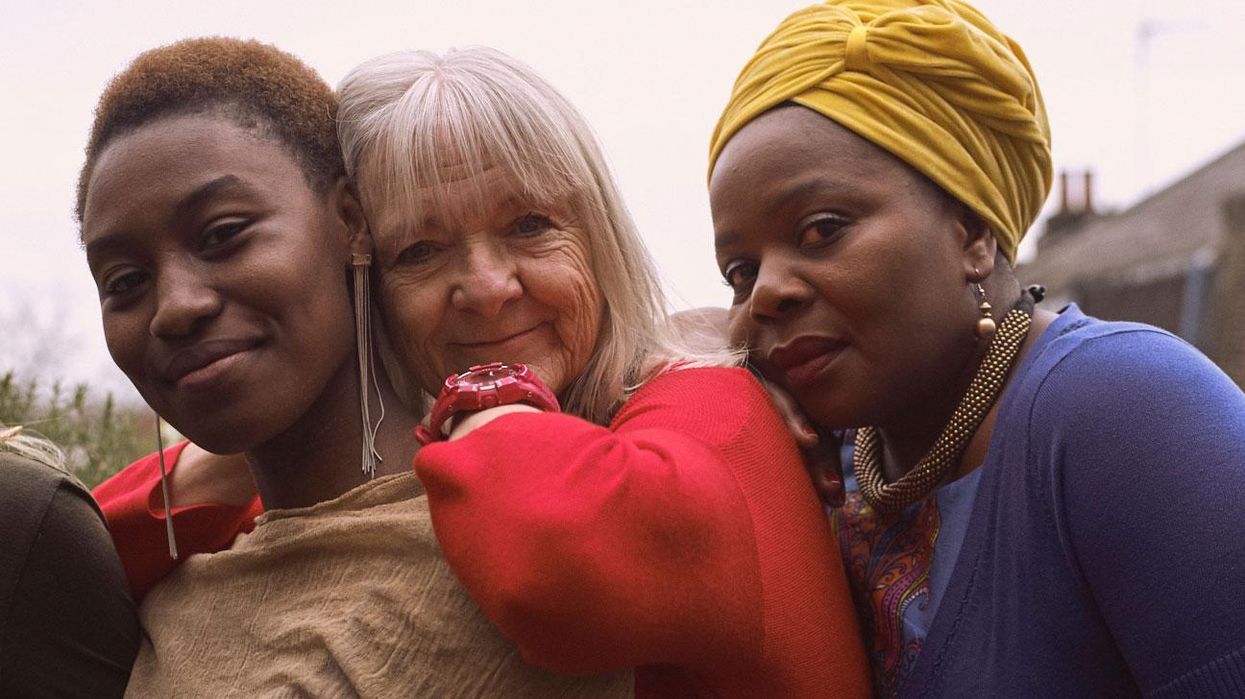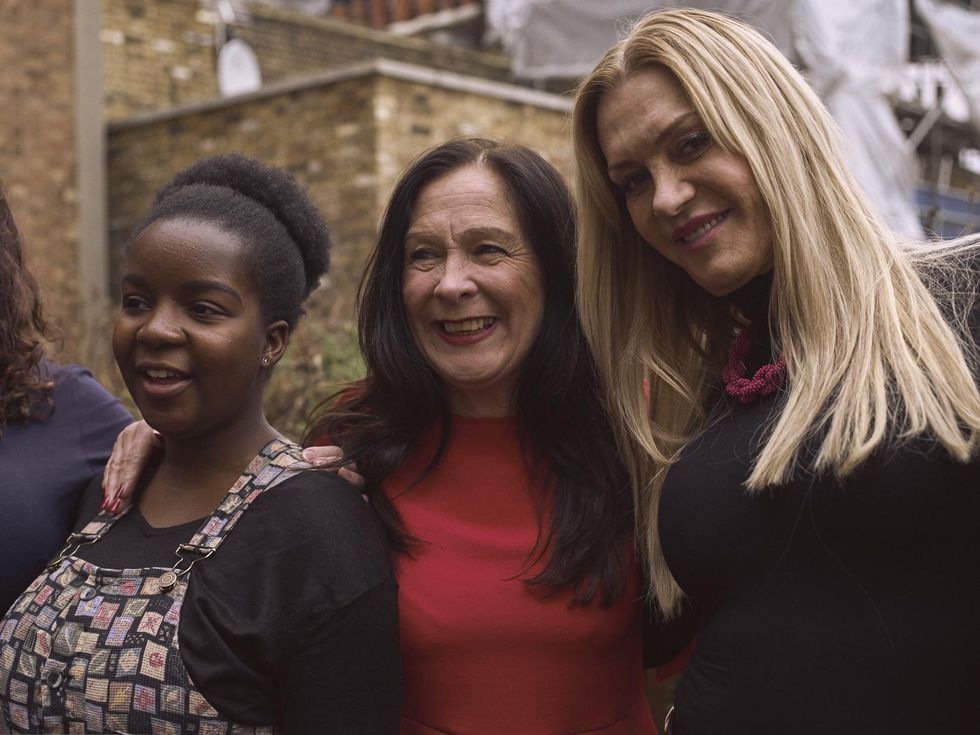News
Mimi Launder
Apr 09, 2018

Picture:
Charlotte Hadden
Around one in four women in the UK are affected by sexual or physical violence and abuse. But if you add HIV into the mix, that figure soars to 58 per cent.
Terrence Higgins Trust, a HIV charity, and Sophia Forum, a charity for women living with HIV, teamed up to air the damning state of affairs in a new report, 'Invisible No Longer'. The researchers felt that:
The link between HIV, gender and violence is recognised globally, but has been under-addressed in the UK.
Our research shows evidence that women living with HIV are experiencing violence, and abuse and action is needed now to address it.
With context, the horror begins to make sense.
Over half live below the poverty line. Though violence against women is not confined to one socioeconomic group, the stress brought on by unemployment and poverty can lead to feelings of social exclusion leading to frustration, anger and violence,
Discrimination against people with HIV is still rife - and women with HIV are bound to experience a unique interplay. Even in a healthcare setting, taboo remains: 29 per cent of women felt they experienced violence abuse in a healthcare setting because of their HIV status, and half of these women were then unable to access support.
Violence and intimidation takes a huge toll on women with HIV, impacting their ability to access support, talk about HIV or take treatment. Most are unequipped to deal with the disproportionate burden alone: one third had no one to turn to straight after diagnoses and almost half have had a mental health diagnoses since being diagnosed with HIV.

Women make up around one third of people living with HIV in the UK, but there is no national strategy to help them live well.
They are not being treated early enough, with 42 per cent feeling they were diagnosed late, and campaigns and literature are too focused on gay men, the report warns. One stakeholder suggested the sector had "had taken its eye off the ball" when it came to women.
Women who had been diagnosed late "were less likely to rate their quality of life as very good, were more likely to rate their quality of life as poor or acceptable, and were more likely to say that their quality of life had got worse since diagnosis", the report continued.
There is an urgent need for gender equity when it comes to HIV funding and support, the report warns, and there is a real need to support more women in the UK to test for HIV, with two thirds of the respondents saying that there were reasons to prevent them from testing.
Debbie Laycock, head of policy and involvement, Terrence Higgins Trust said:
Despite experiences of violence, poverty and mental health issues, our research found a real shared strength and resilience among women living with HIV.
Many women continue to prosper, often using their experiences to support and educate others in their community, while living healthy, happy lives.
However, there are still too many women living with HIV who are being left behind. The issues they face should be invisible no longer. Women living with HIV must be heard, counted for and no longer left behind in progress made around HIV.
If you have been affected by any of the issues raised in this article, you can contact the Terrence Higgins Trust on 080 8802 1221.
Top 100
The Conversation (0)













